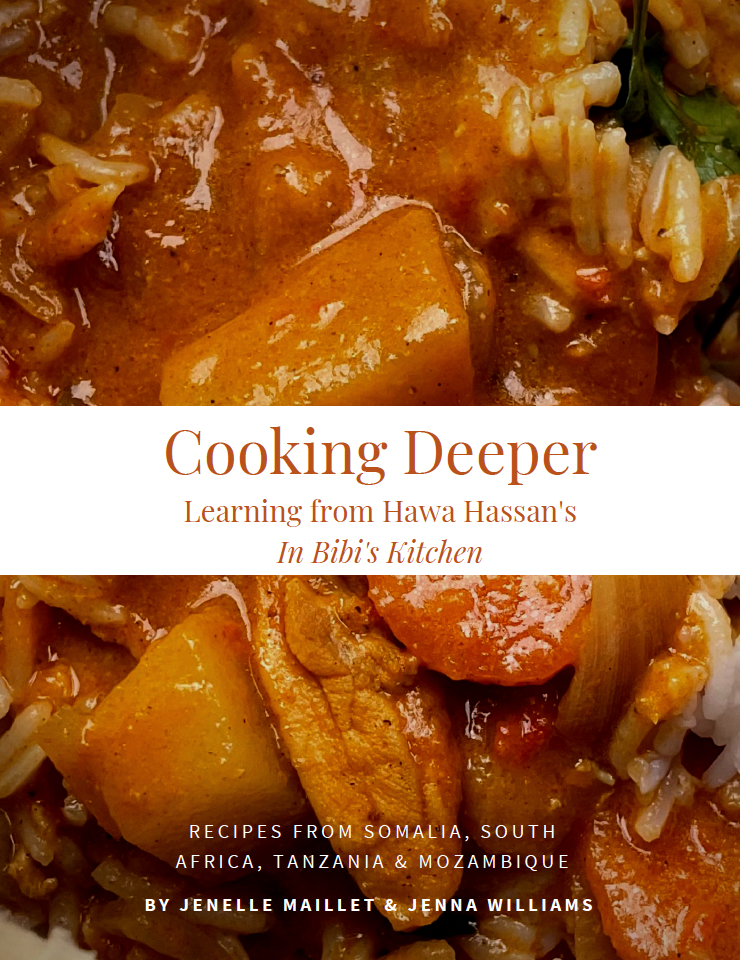Ignio is a student-driven initiative created to build a space for students, recent graduates, and all those interested in contemporary international development issues to learn through the community, share ideas through non-traditional methods, and facilitate connections within the international development studies community.
For more information on submitting your work for publication with Ignio, please visit our page on submissions here.
-
Issue 2, Volume 1: Decolonization in Development – Doing Things Differently?
Published Voices
-
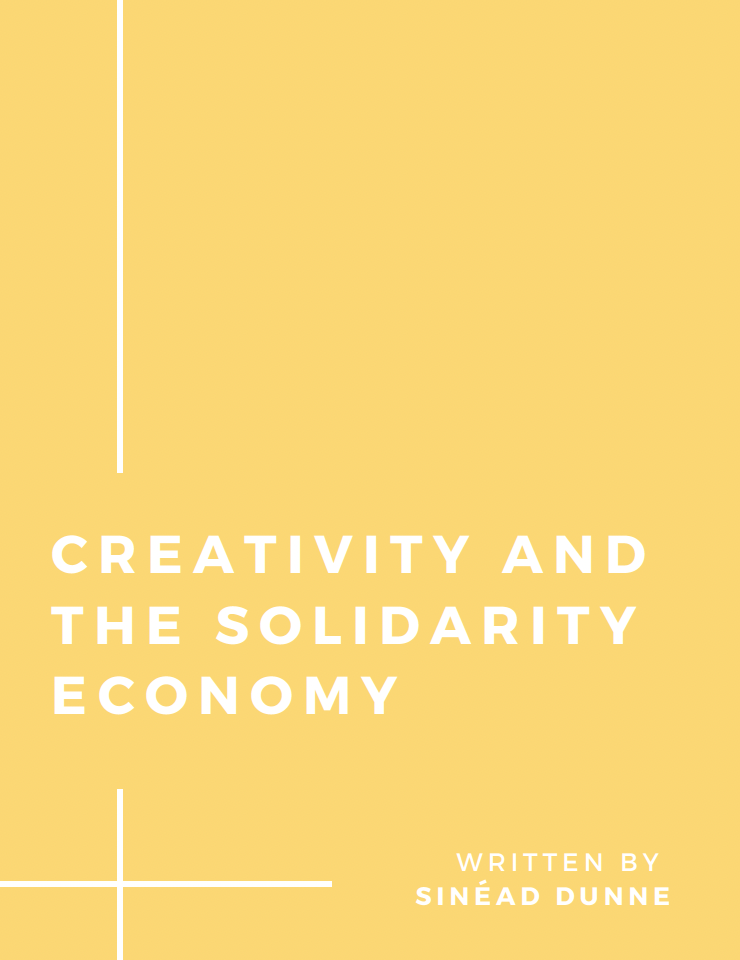
Creativity and the Solidarity Economy
Creativity, and in particular creative economics, is often considered as somehow distinct from the realm of economics and politics. This paper will argue for the essential inclusion of creativity in development and policy making, recognizing creative acts as a practice which builds social capital and reciprocity economies.
-
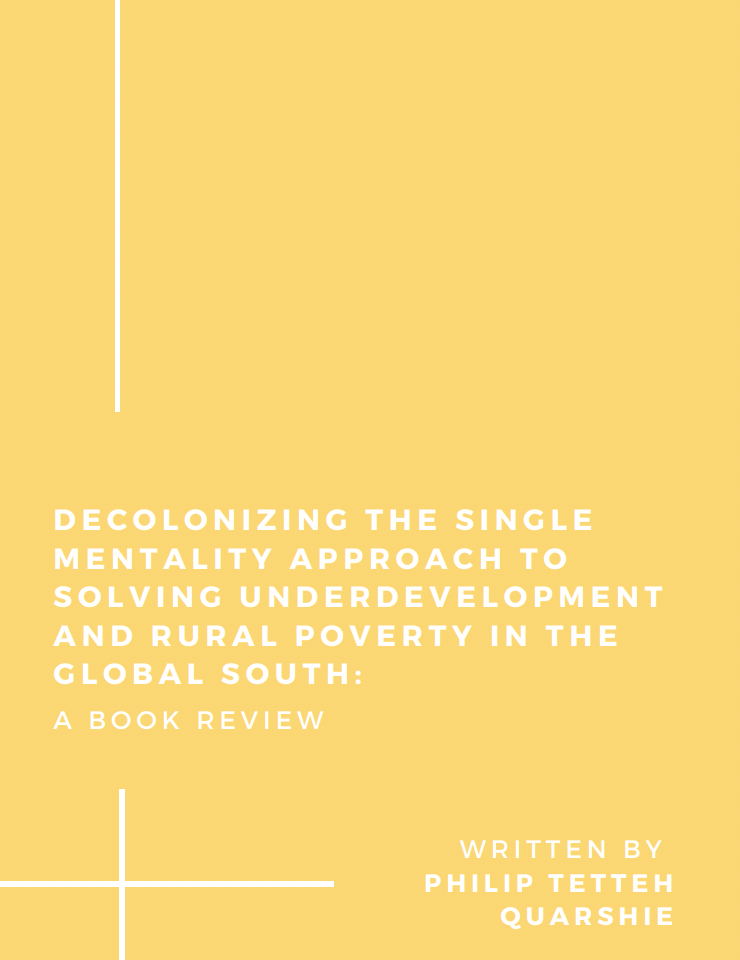
Decolonizing the Single Mentality Approach to Solving Underdevelopment and Rural Poverty in the Global South: A Book Review
What is the best way to address global poverty and underdevelopment? How much confidence should we put into foreign aid, free-market or democracy for the poor? This book review is about decolonizing single-approach mentality to addressing global poverty and underdevelopment in modern times.
-
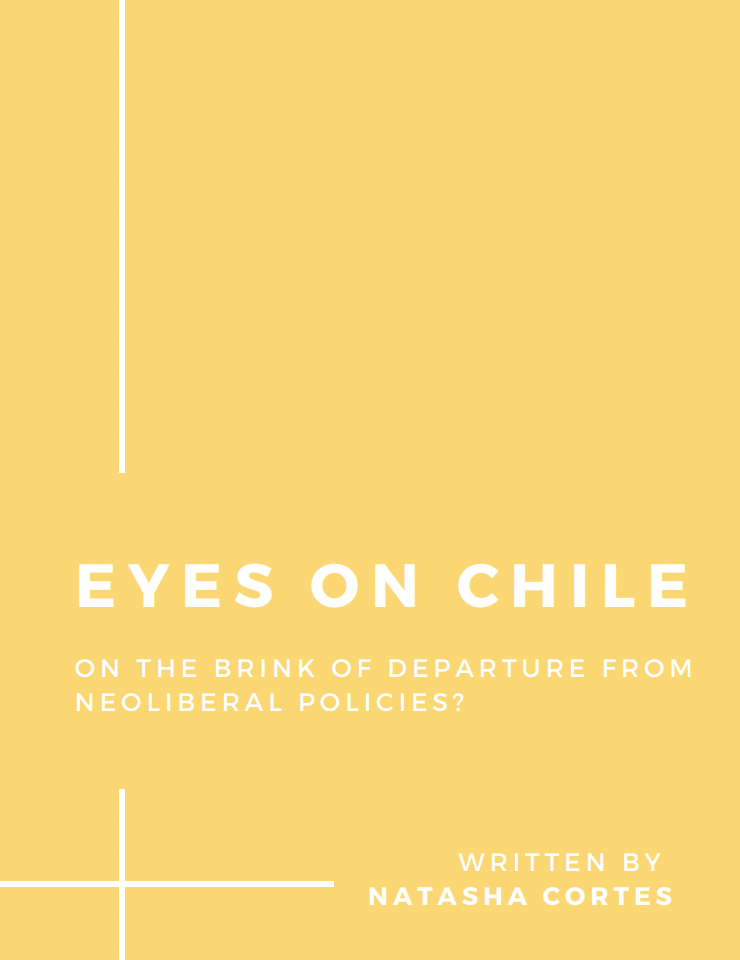
Eyes on Chile: On the Brink of Departure from Neoliberal Policies?
Following the economic restructuring of the 1970’s, Chilean activists and academics suggest privatization as a catalyst for inequality in the country today. This piece provides a brief overview of the two-tiered social infrastructure in Chile, and looks to the incoming constitutional restructuring as a potential opportunity to close the inequality gap.
-
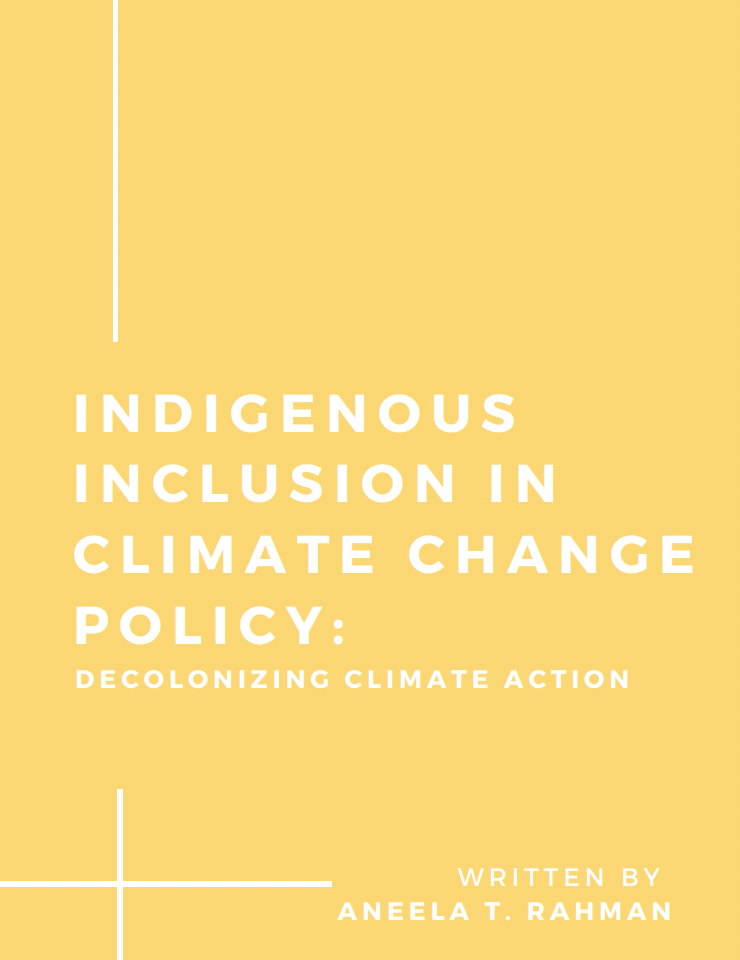
Indigenous Inclusion in Climate Change Policy
This paper aims to explore Indigenous adaptation strategies and how they can be integrated into policy. The key takeaway is that the inclusion of Indigenous communities and their ecological knowledge can support existing scientific research as well as policy formulation.
-
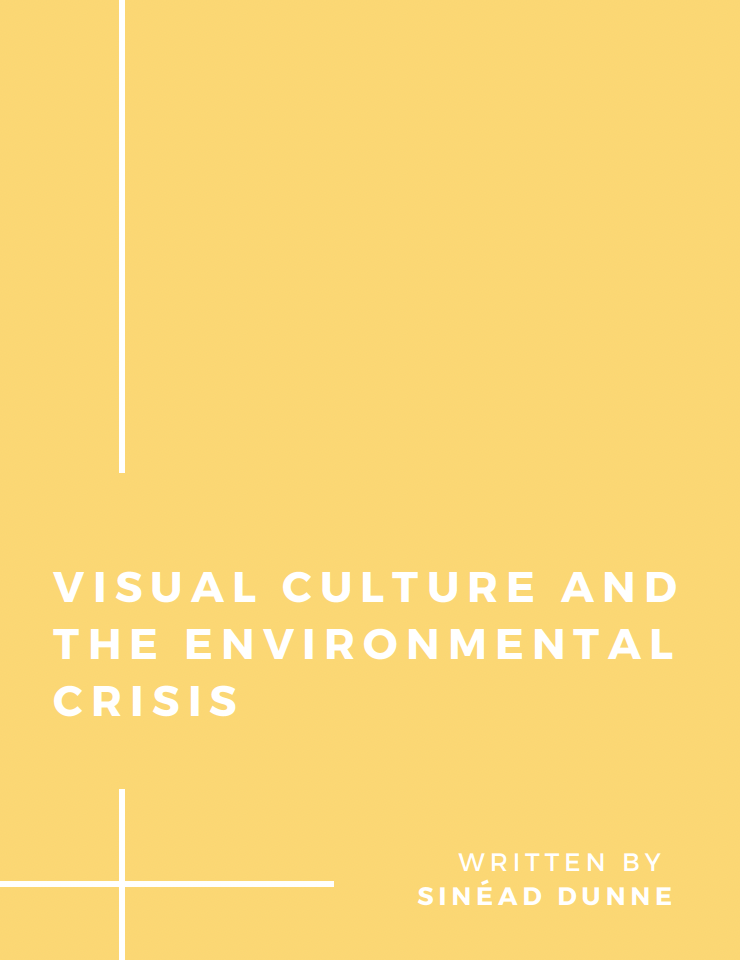
Visual Culture and the Climate Crisis
This paper understands the idea of creative culture not as simply ‘the arts’, but includes practices like marketing and architecture alongside the traditional arts, and includes those practices not typically contained within gallery settings. Creative culture should be seen as one of the most effective tools for communicating the climate crisis for its ability to employ imagination to make tangible the invisible violences of environmental degradation. Importantly, the use of this imagination is creating an environment in which viewers are asked to rethink our relationship to each other and our environments, and the ways in which we use them.
-
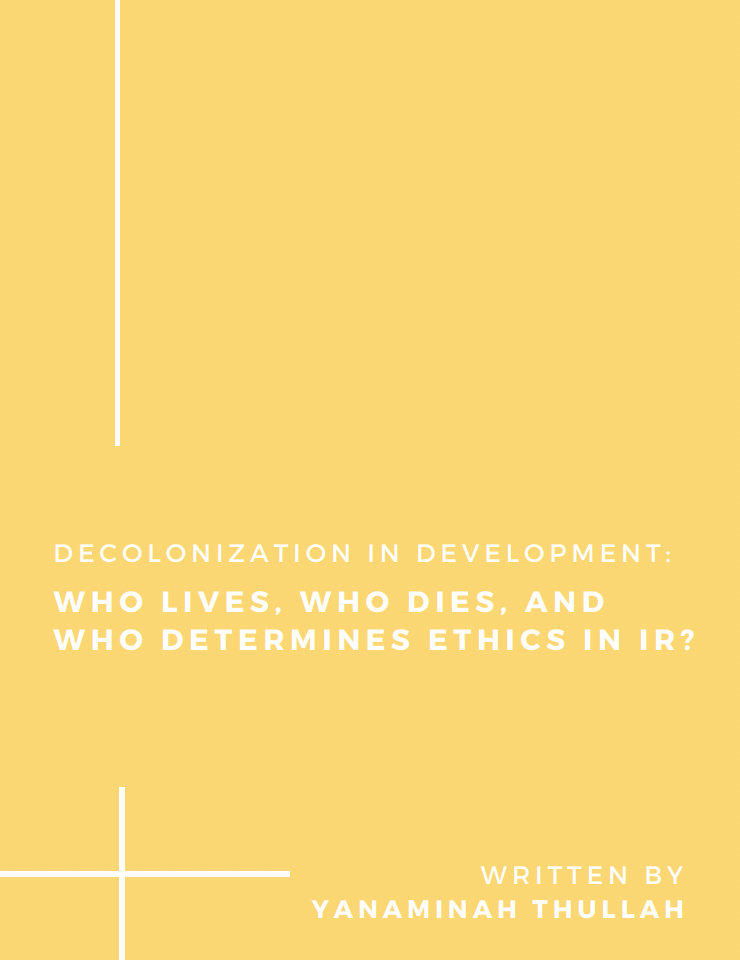
Decolonization in Development: Who Lives, Who Dies, and Who Determines Ethics in IR?
Is the field of international relations (IR) able to overcome the lack of universality and the colonial standards of ethics within the discipline? This paper aims to explore these issues of ethics in IR from both a historical and social justice perspective when it comes to the Global African Community (diaspora and continental).
Blog Posts
-
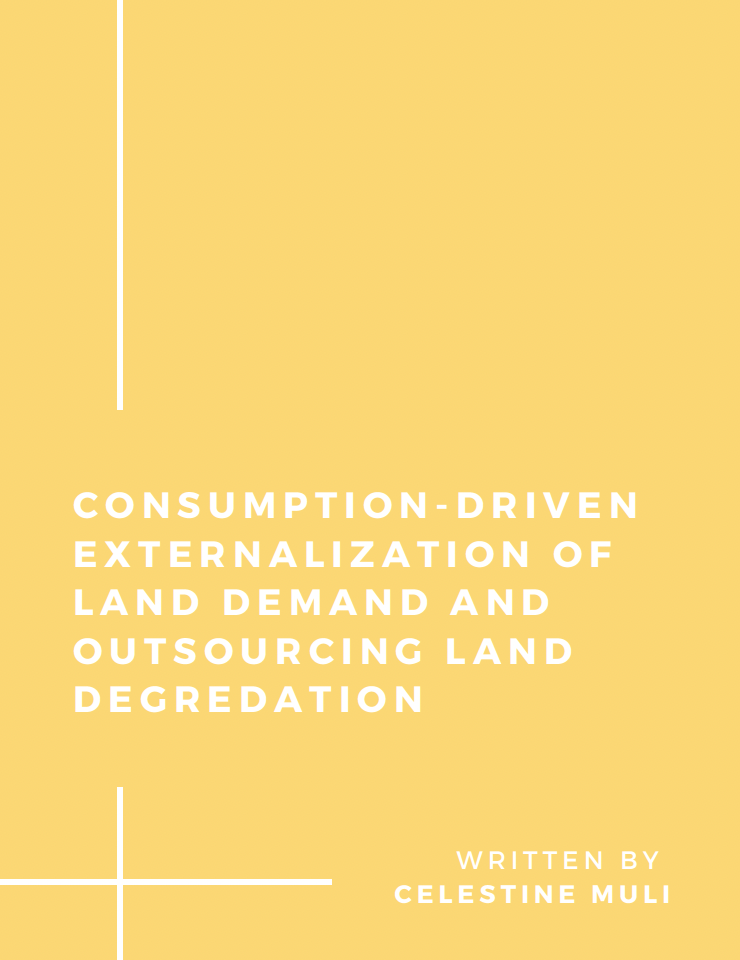
Consumption Driven Externalization of Land Demand and Outsourcing Land Degradation
The environmental and socio-economic long-term impacts of trade, such as land use patterns, deforestation, and natural resource degradation, remain complex and controversial. For example, unprecedented land-use changes are exacerbated by the constant development of economies and expansion of global markets resulting in resource depletion and ecosystem degradation. This essay describes how in most cases, decisions on local land use are largely influenced by economic globalization, which increases the impact of large agribusiness enterprises and international financial flows at the local level.
-
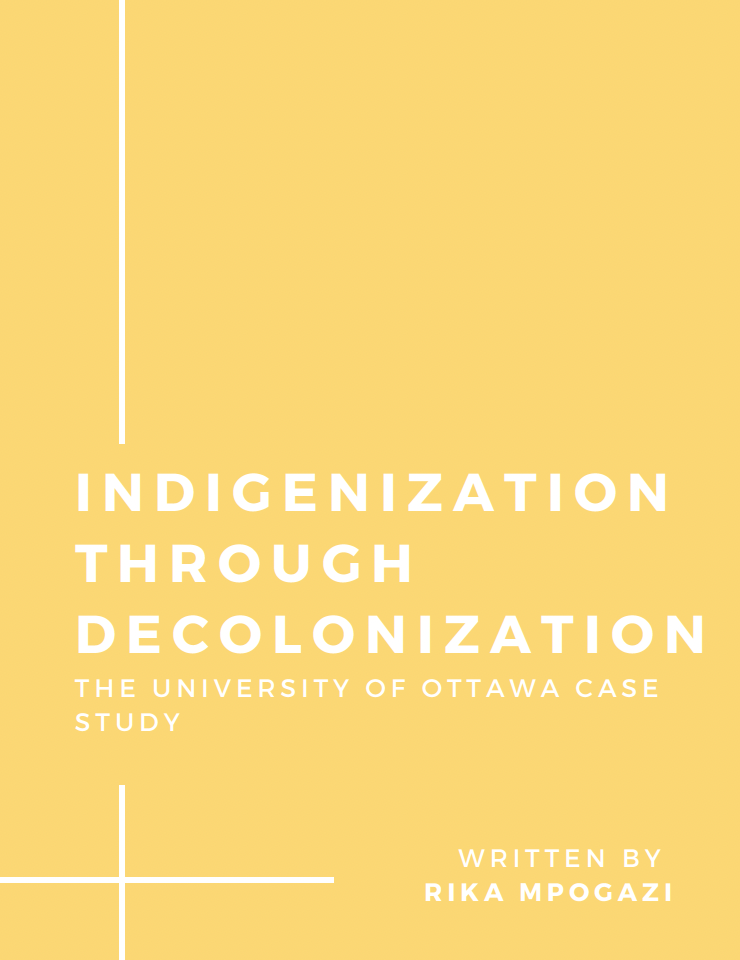
Indigenization as Decolonization
Decolonization requires us to introduce structural changes that disrupt the status quo. This article seeks to identify the issues with the surface-level assimilation of Indigenous peoples, and knowledge or teaching practices into our academic spaces, in order to ethically reconstruct our academic discourse.
-
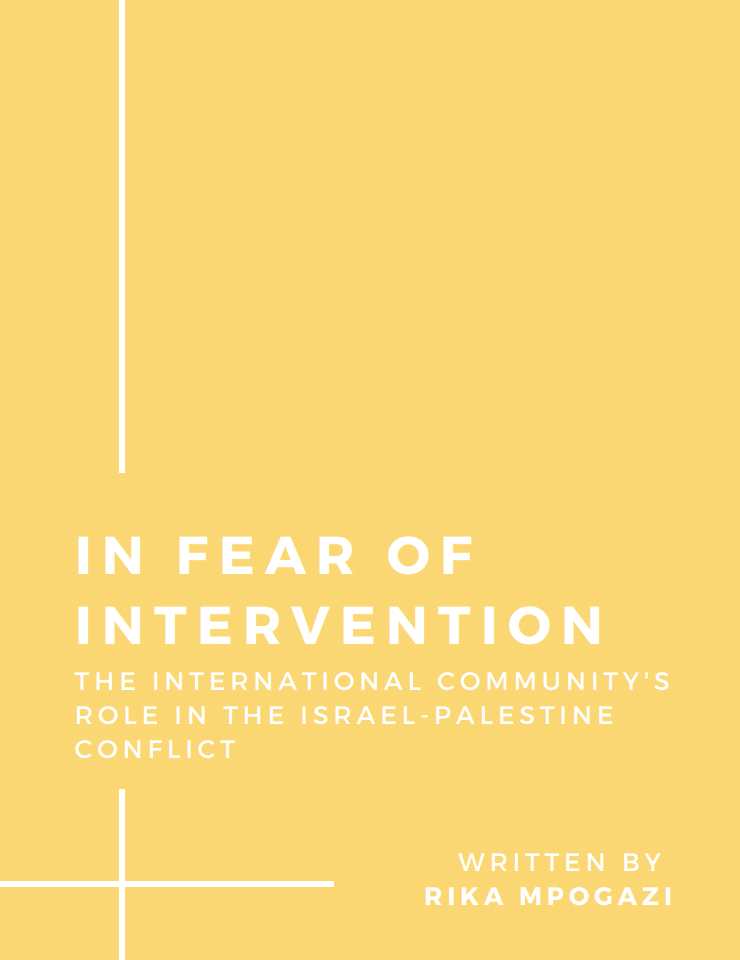
In Fear of Intervention
The international community has long been divided on when, where and how to intervene in the Israeli–Palestinian peace process. This article will break down the historical trajectory of foreign intervention in this disputed region and elaborate on how countries like Canada, the United States and the United Kingdom’ actions, or the lack thereof, have aggravated existing tensions between the Israeli state and the Palestinian people.
Creative Connexion
-

